Effectiveness of Alternative Therapies for Breast Cancer in Mexico
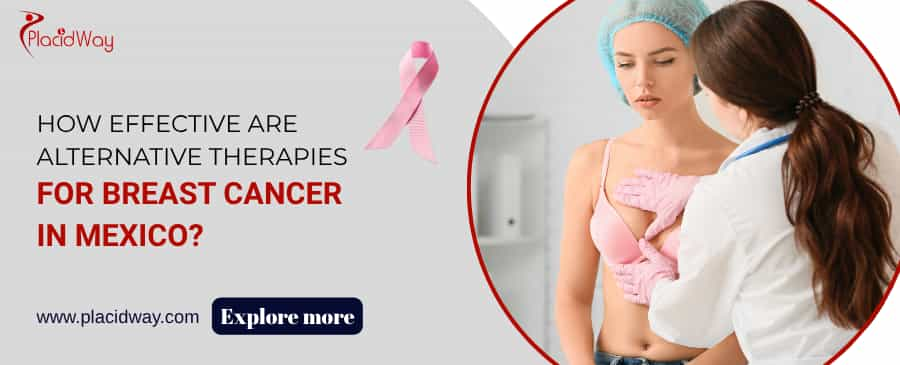
"The effectiveness of most alternative therapies for breast cancer offered in Mexico is not supported by scientific evidence, and many carry significant health risks."
Welcome to a comprehensive guide on alternative therapies for breast cancer in Mexico. For many, a cancer diagnosis is a life-altering event that prompts a search for hope, often leading them to explore every possible treatment avenue. Mexico has become a prominent destination for those seeking therapies that are not available or approved in their home countries. These treatments, often termed "alternative" or "complementary," range from metabolic and dietary approaches to experimental immunotherapies.
This blog post aims to provide a clear and balanced perspective on the subject. We will delve into the various alternative treatments available, their purported mechanisms, and what the scientific community says about their effectiveness and safety. Our goal is to answer the pressing questions you have, helping you navigate this complex landscape with a better understanding of the potential benefits and considerable risks involved. We believe in empowering you with trustworthy information to make informed decisions about your health journey.
What Are the Most Common Alternative Breast Cancer Therapies in Mexico?
"The most common alternative therapies for breast cancer in Mexico include metabolic therapies like Gerson Therapy, experimental immunotherapies, hyperthermia, high-dose vitamin C infusions, and various detoxification methods."
When patients explore alternative cancer treatment in Mexico, they encounter a wide array of options. These therapies are often presented as natural, less toxic alternatives to conventional treatments like chemotherapy and radiation. One of the most well-known is metabolic therapy, which aims to alter the body's internal environment to make it inhospitable to cancer cells. This category includes specific diets, such as the Gerson Therapy or ketogenic diets, often supplemented with detoxification protocols like coffee enemas and intravenous nutrient infusions.
Another prominent category is experimental immunotherapy, which seeks to stimulate the body's own immune system to fight cancer. While immunotherapy is a legitimate and powerful tool in conventional oncology, the versions offered in some Mexican clinics are often unproven and not approved by regulatory bodies like the FDA. Other common treatments include hyperthermia (heating body tissues to high temperatures to kill cancer cells), high-dose vitamin C IV therapy, and various forms of cellular therapy, including stem cell treatments.
How Effective Are These Alternative Therapies?
"There is no reliable scientific evidence to support the claims that alternative therapies offered in Mexico can cure breast cancer. Most of these treatments have not been rigorously tested in clinical trials and are considered unproven."
This is the most critical question for anyone considering these treatments. The straightforward answer is that the vast majority of alternative therapies for breast cancer in Mexico lack scientific validation. While clinics may present compelling testimonials and in-house statistics, these do not meet the standard of evidence required by the global medical community. The gold standard for proving a treatment's effectiveness is the randomized controlled clinical trial, something most of these therapies have not undergone.
For example, a review of the Gerson Therapy by the National Cancer Institute (NCI) found no evidence of its claimed benefits. Similarly, treatments like Laetrile (often marketed as Vitamin B17) have been studied and shown to be ineffective and potentially toxic. While some patients report feeling better, this can often be attributed to the placebo effect or the supportive, hopeful environment of the clinics, rather than a direct impact on the cancer itself. It's crucial to distinguish between feeling well and the actual reduction or elimination of cancerous tumors.
Why Do People Go to Mexico for Alternative Cancer Treatment?
"People often go to Mexico for alternative cancer treatment due to the appeal of less toxic therapies, the hope for a cure when conventional options are limited, lower costs for some procedures, and access to treatments not approved in their home country."
The decision to travel for medical care is complex and deeply personal. For many breast cancer patients, the side effects of conventional treatments like chemotherapy can be grueling. The promise of "natural" or "non-toxic" therapies is incredibly appealing. These clinics often market themselves as centers of hope, providing a supportive and optimistic environment that can be a powerful draw for patients and families feeling desperate.
Furthermore, some patients may have exhausted conventional treatment options or been told their cancer is terminal. In these situations, alternative breast cancer clinics in Mexico can represent a last resort and a source of hope. The cost can also be a factor; while some comprehensive programs are expensive, certain treatments may be offered at a lower price point than in the United States. The allure of accessing innovative or experimental therapies that aren't yet available through mainstream channels is another significant motivator.
Are Alternative Cancer Treatments in Mexico Scientifically Proven?
"No, the vast majority of alternative cancer treatments in Mexico are not scientifically proven. They are often based on theories that have been debunked or have not been subjected to the rigorous scientific study required to prove safety and effectiveness."
It is essential to understand the difference between scientifically proven treatments and those that are purely theoretical or based on anecdotal evidence. Scientifically proven therapies have undergone extensive research, including preclinical studies (in labs and on animals) and multi-phase human clinical trials. This process is designed to ensure a treatment is not only effective but also safe.
Most alternative cancer treatments in Mexico have not passed through this rigorous validation process. Their claims of success are typically supported by patient testimonials or internal data that is not peer-reviewed or published in reputable medical journals. For example, therapies based on the idea of "detoxifying" the body to cure cancer lack a scientific basis in oncology. While a healthy lifestyle is always beneficial, there is no proof that detoxification protocols alone can eradicate breast cancer.
What Is the Gerson Therapy for Breast Cancer in Mexico?
"The Gerson Therapy is a dietary-based alternative cancer treatment involving a strict organic, plant-based diet, raw juices, and daily coffee enemas. It is based on the unproven theory that it can 'detoxify' the body and stimulate metabolism to heal cancer."
The Gerson Therapy is one of the most famous alternative treatments sought in Mexico. Developed by Max Gerson in the 1930s, the regimen is incredibly demanding. It requires patients to consume up to 13 glasses of fresh, organic fruit and vegetable juice per day, eat specific vegetarian meals, and take a variety of supplements. A key and controversial component is the use of multiple coffee enemas daily, which are claimed to help the liver excrete toxins.
Despite its long history and dedicated following, the Gerson Therapy has been consistently found to be ineffective by major cancer organizations. Studies have shown it carries significant health risks, including serious infections, electrolyte imbalances, and even death, particularly from the frequent coffee enemas. The American Cancer Society and the National Cancer Institute strongly advise against its use as a treatment for cancer.
Are There Risks to Pursuing Alternative Breast Cancer Therapies in Mexico?
"Yes, there are significant risks, including the potential for the therapy to be ineffective, delaying or interfering with proven conventional treatments, financial exploitation, and direct physical harm from unproven and potentially toxic substances."
Pursuing alternative therapies for breast cancer in Mexico is not without substantial risks. Perhaps the greatest danger is the "opportunity cost"—delaying or forgoing conventional medical treatments that have a proven track record of success against breast cancer, such as surgery, chemotherapy, radiation, and hormone therapy. This delay can allow the cancer to grow and spread, potentially reducing the chances of a cure.
There are also direct physical risks. Unregulated treatments can cause serious side effects. For example, coffee enemas can lead to dehydration and dangerous electrolyte imbalances. Some injectable substances offered at these clinics are not quality-controlled and can cause infections or severe allergic reactions. Finally, the financial cost can be enormous, with many families spending their life savings on unproven treatments that are not covered by insurance.
How Are Alternative Cancer Clinics in Mexico Regulated?
"Regulation of alternative cancer clinics in Mexico can be less stringent than in countries like the U.S. or the U.K. While Mexico has a federal health authority (COFEPRIS), the oversight for clinics offering 'alternative' medicine may not be as rigorous, allowing them to offer unproven treatments."
The regulatory landscape in Mexico for alternative medicine is different from that for conventional medicine. While Mexico has a regulatory body, the Federal Commission for the Protection against Sanitary Risks (COFEPRIS), which oversees medical practices and devices, its enforcement regarding alternative clinics can be inconsistent. This environment allows clinics, particularly in border towns like Tijuana, to operate and offer treatments that would be illegal to market in other countries.
This lack of stringent oversight means there is no guarantee of the quality, safety, or efficacy of the treatments provided. Clinics may not be held to the same standards for medical record-keeping, staff credentialing, or evidence-based practice. Patients are therefore taking a significant leap of faith in the integrity and competence of the clinic and its staff.
What Is the Cost of Alternative Breast Cancer Treatment in Mexico?
"The cost of alternative breast cancer treatment in Mexico varies widely, ranging from $15,000 to over $50,000 for a multi-week program. These costs are typically not covered by insurance and are paid out-of-pocket."
The financial burden of these treatments can be substantial. A comprehensive three- to four-week inpatient program at a well-known alternative cancer clinic in Mexico can easily cost between $20,000 and $40,000 USD. This price often includes the treatments, accommodations, and meals, but may not cover travel or follow-up care.
Because these therapies are considered experimental or unproven, they are almost never covered by health insurance plans. This means patients and their families must bear the full cost, often turning to crowdfunding, loans, or selling assets. It's a significant financial gamble on a treatment with no guaranteed outcome.
Can I Combine Alternative Therapies with Conventional Treatment?
"Combining alternative therapies with conventional treatment, known as integrative oncology, can be done, but it must be managed carefully with full transparency with your oncologist. Some alternative therapies can interfere with the effectiveness of conventional treatments or cause harmful interactions."
This approach is often referred to as integrative oncology, and it is a growing field within mainstream cancer care. True integrative oncology focuses on using evidence-based complementary therapies—like acupuncture for nausea, or meditation for anxiety—to support patients and manage side effects alongside standard treatments. It does not involve using unproven "alternative" treatments to replace or try to cure the cancer itself.
If you are considering using any complementary or alternative therapy while undergoing conventional breast cancer treatment, it is absolutely critical to discuss it with your oncologist. Some supplements, herbs, or diets can interfere with how chemotherapy or other cancer drugs work, potentially making them less effective or increasing their toxicity. Full transparency with your medical team is essential to ensure your safety and the best possible outcome.
What Do Mainstream Oncologists Say About Mexican Alternative Cancer Clinics?
"Mainstream oncologists and major cancer organizations, like the American Cancer Society, overwhelmingly advise against seeking treatment at Mexican alternative cancer clinics due to the lack of scientific evidence, the potential for harm, and the risk of delaying effective, proven medical care."
The consensus in the mainstream medical community is one of extreme caution and concern. Oncologists and cancer research organizations base their recommendations on rigorous scientific evidence. Since alternative therapies in Mexico lack this evidence, they are not recommended. Medical professionals are particularly worried about patients who abandon proven treatments in favor of these unproven methods.
Doctors understand the desire to seek out every possible option, especially when facing a difficult diagnosis. However, their primary responsibility is to guide patients toward treatments that are most likely to work and are known to be safe. They often witness the tragic consequences when patients return from these clinics sicker and with more advanced disease, having lost precious time and money.
Ready to explore safe and effective healthcare options from a trusted global network? PlacidWay connects you with accredited medical facilities and experienced professionals worldwide. Explore your options today.


.png)
.png)

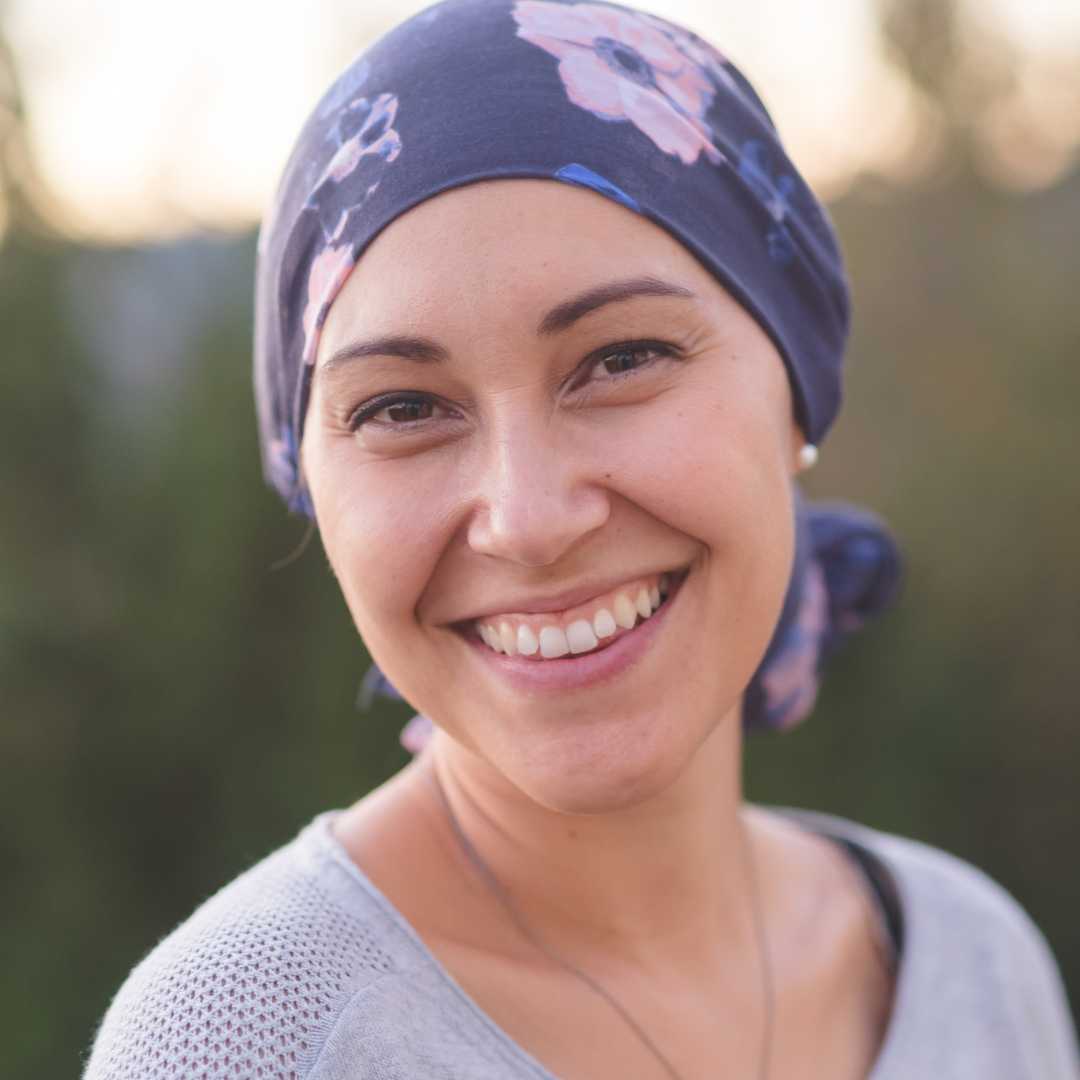
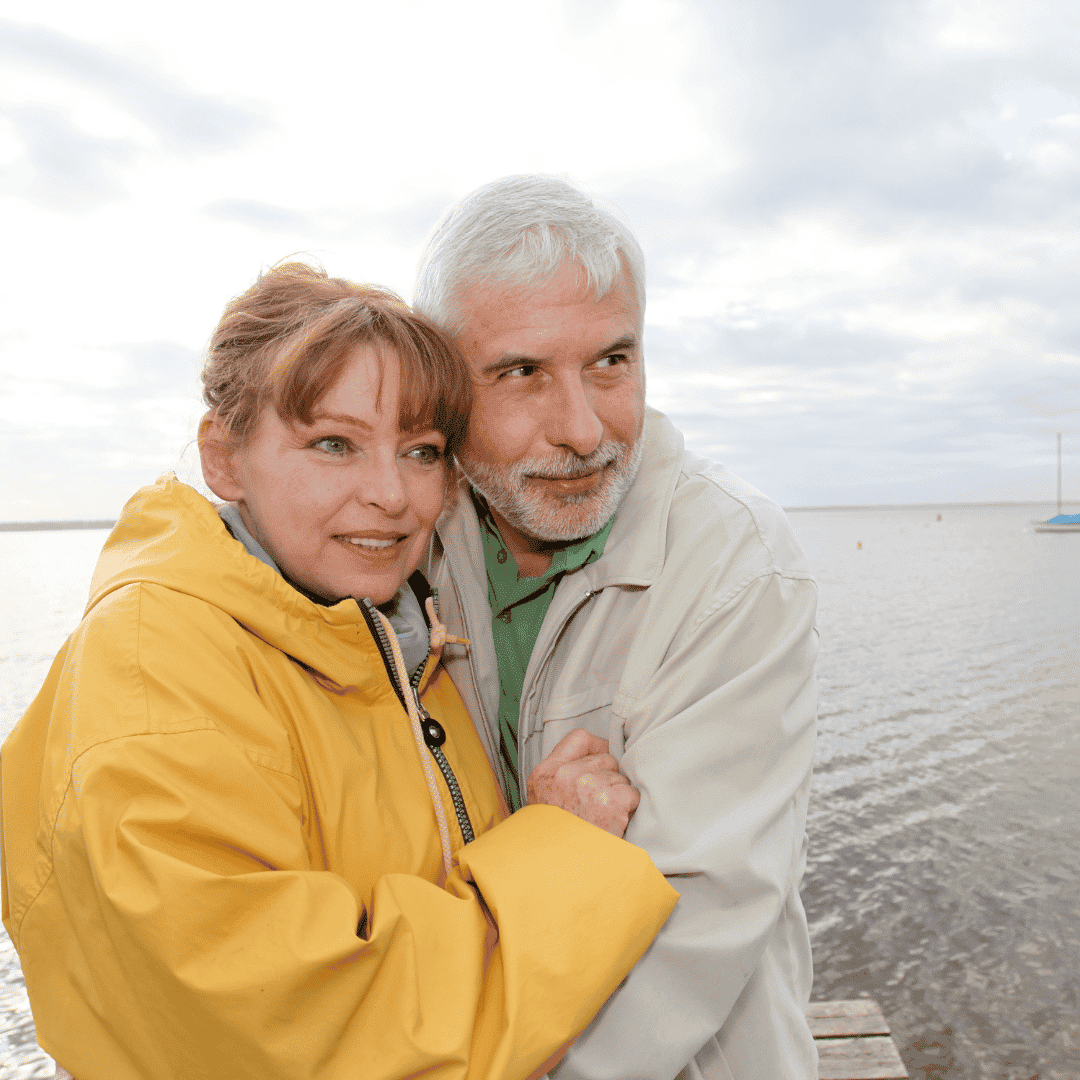
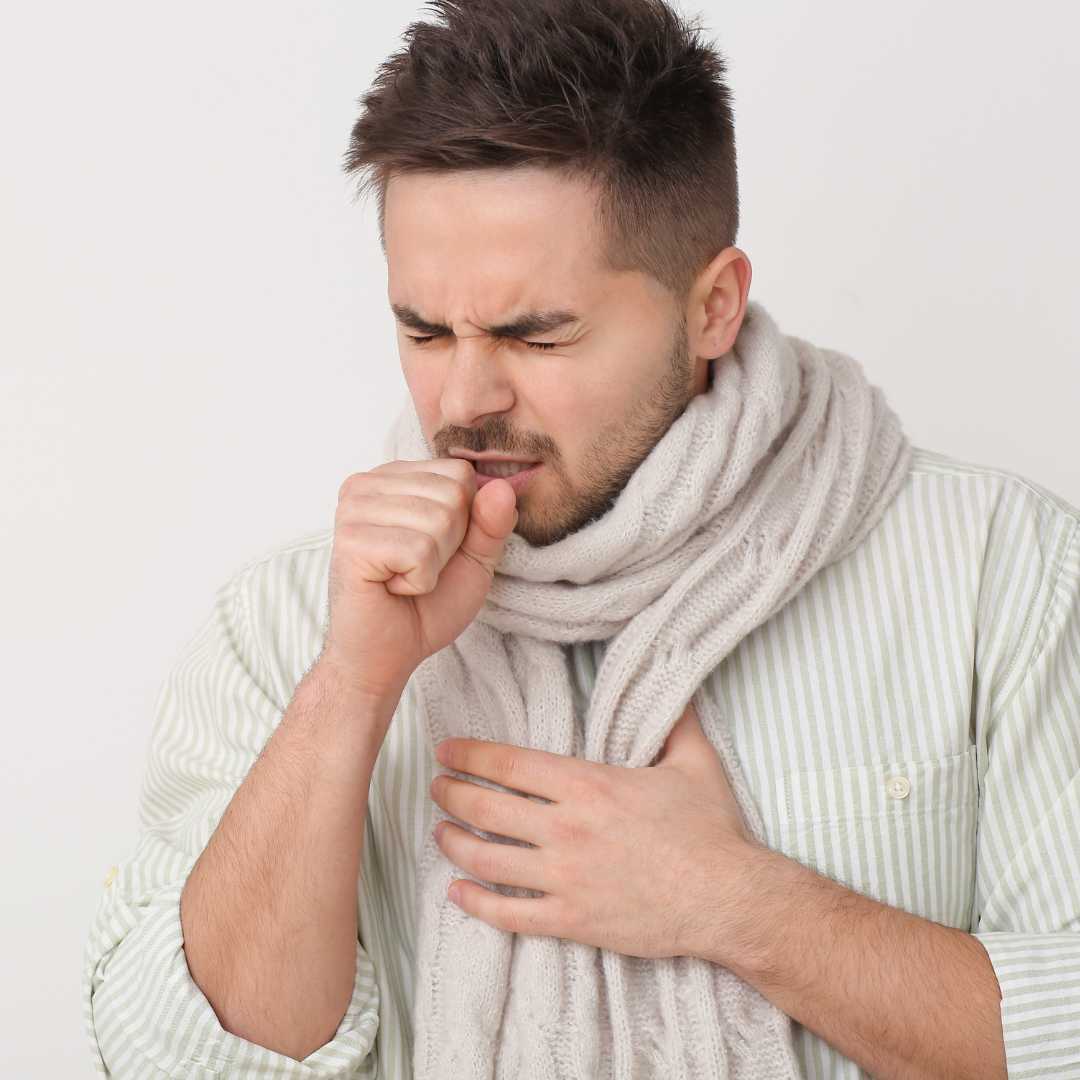

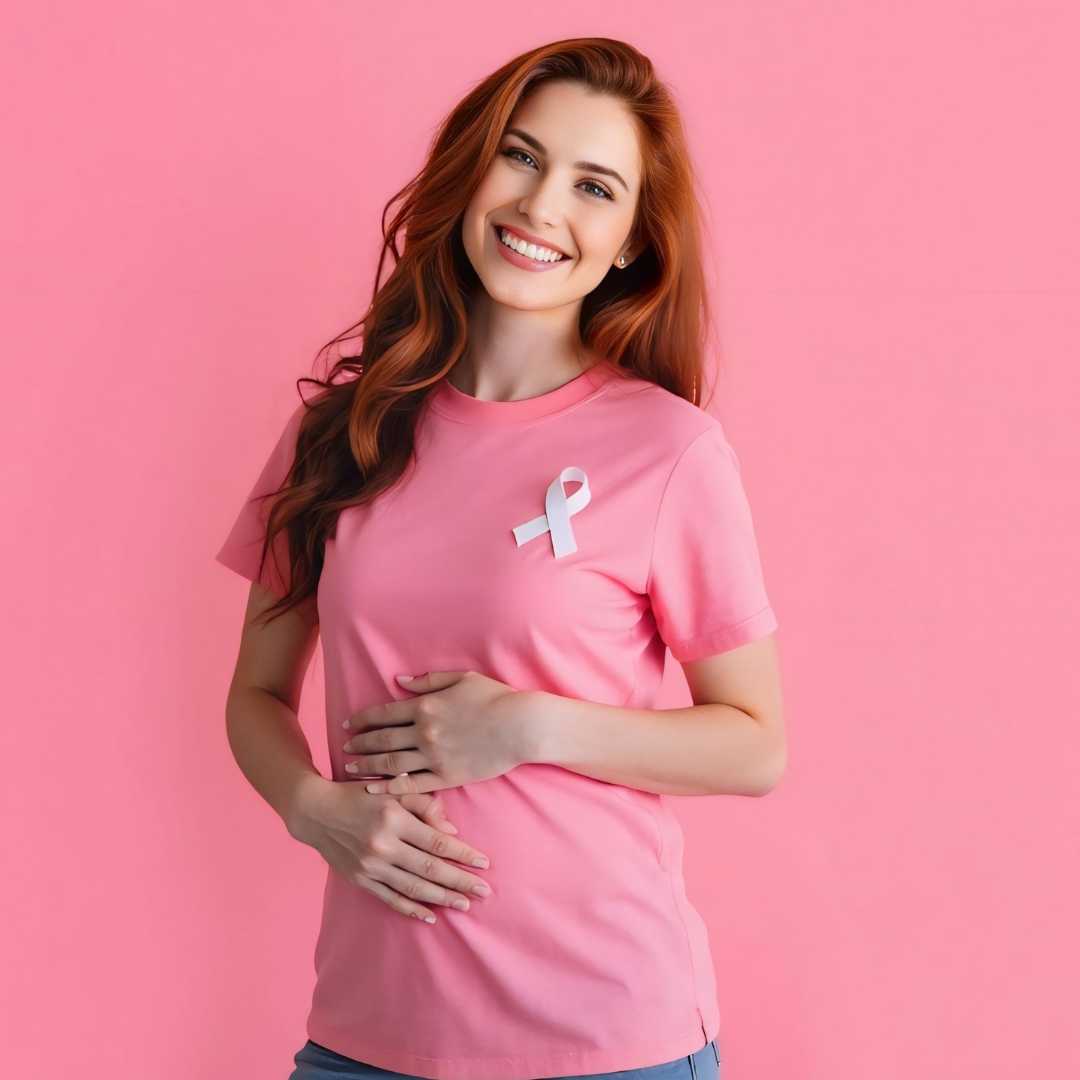
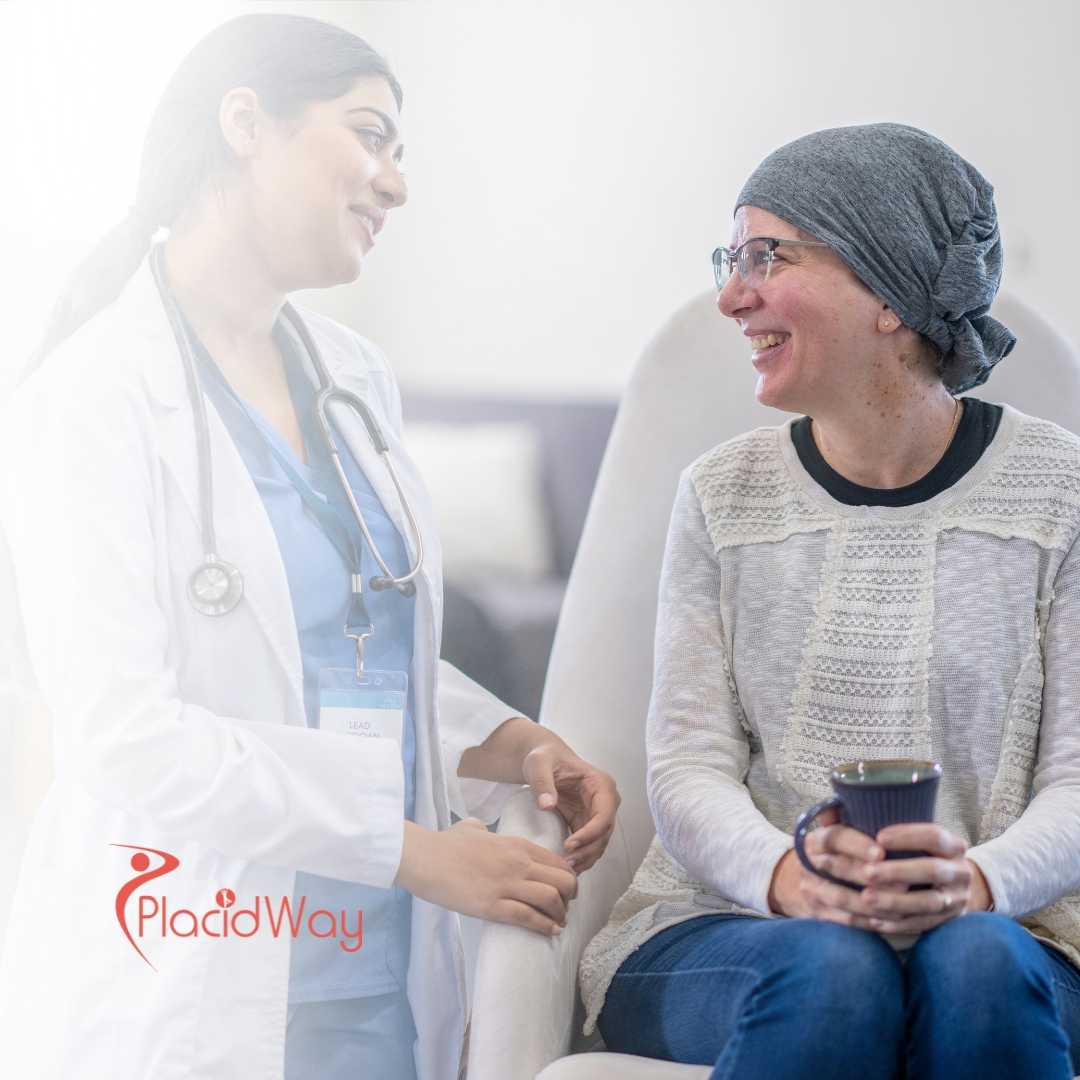
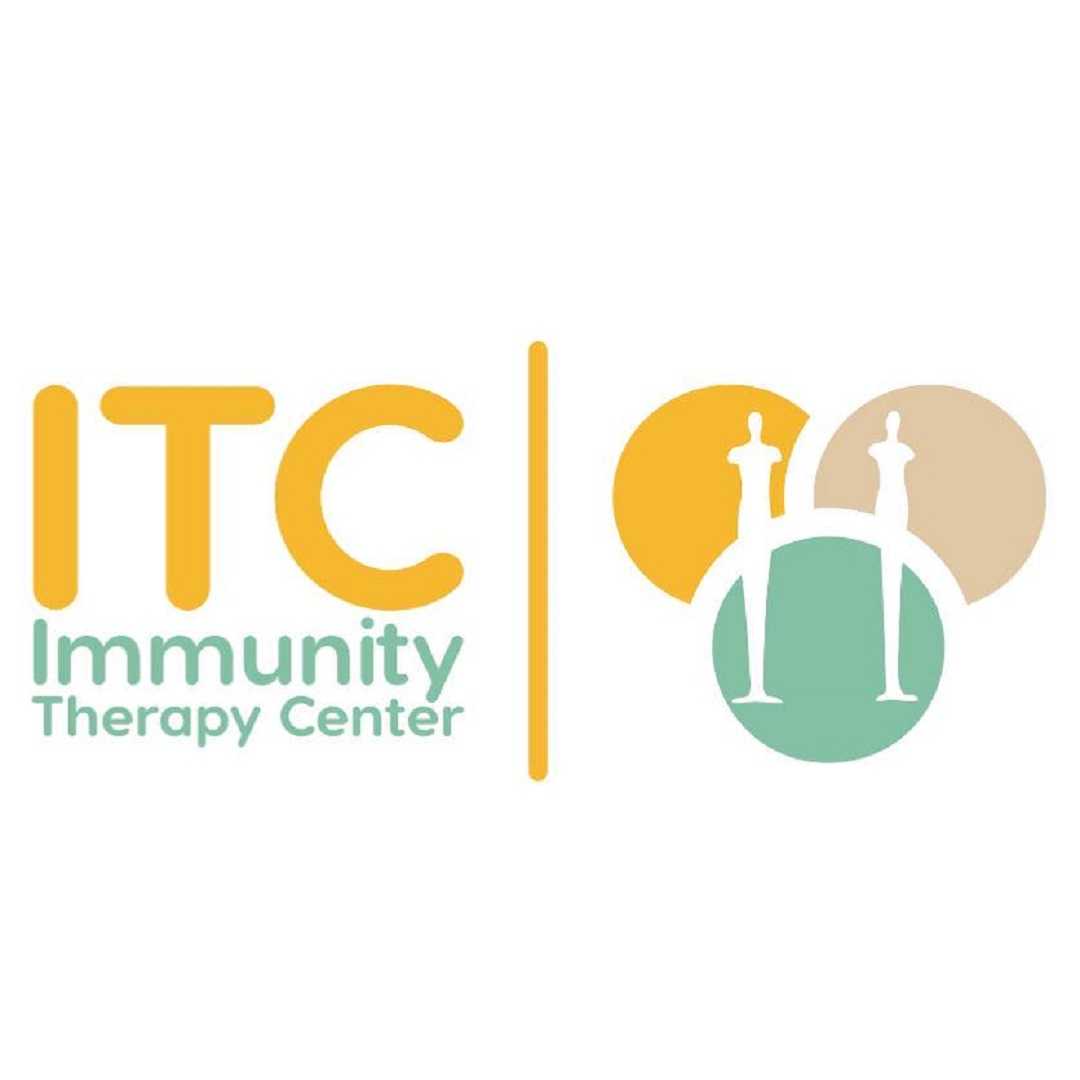
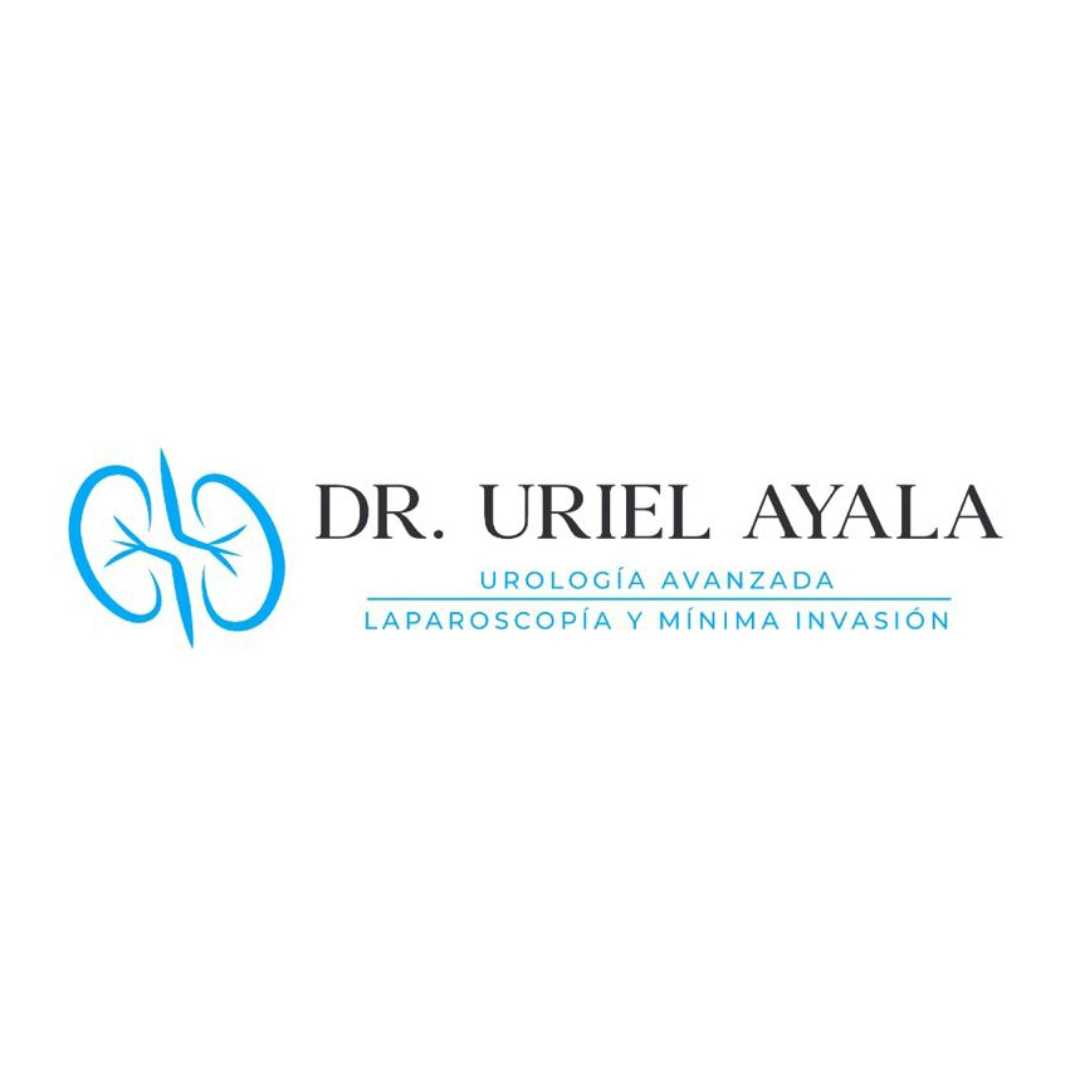

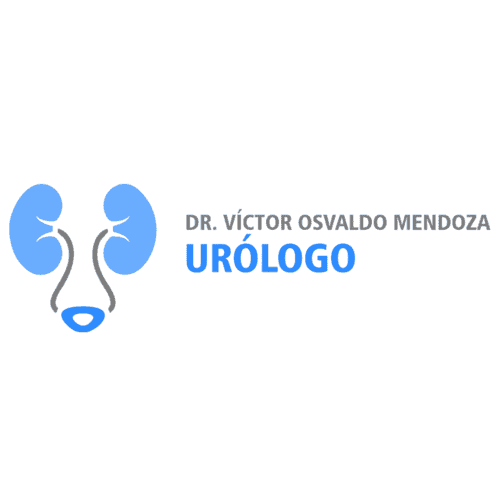
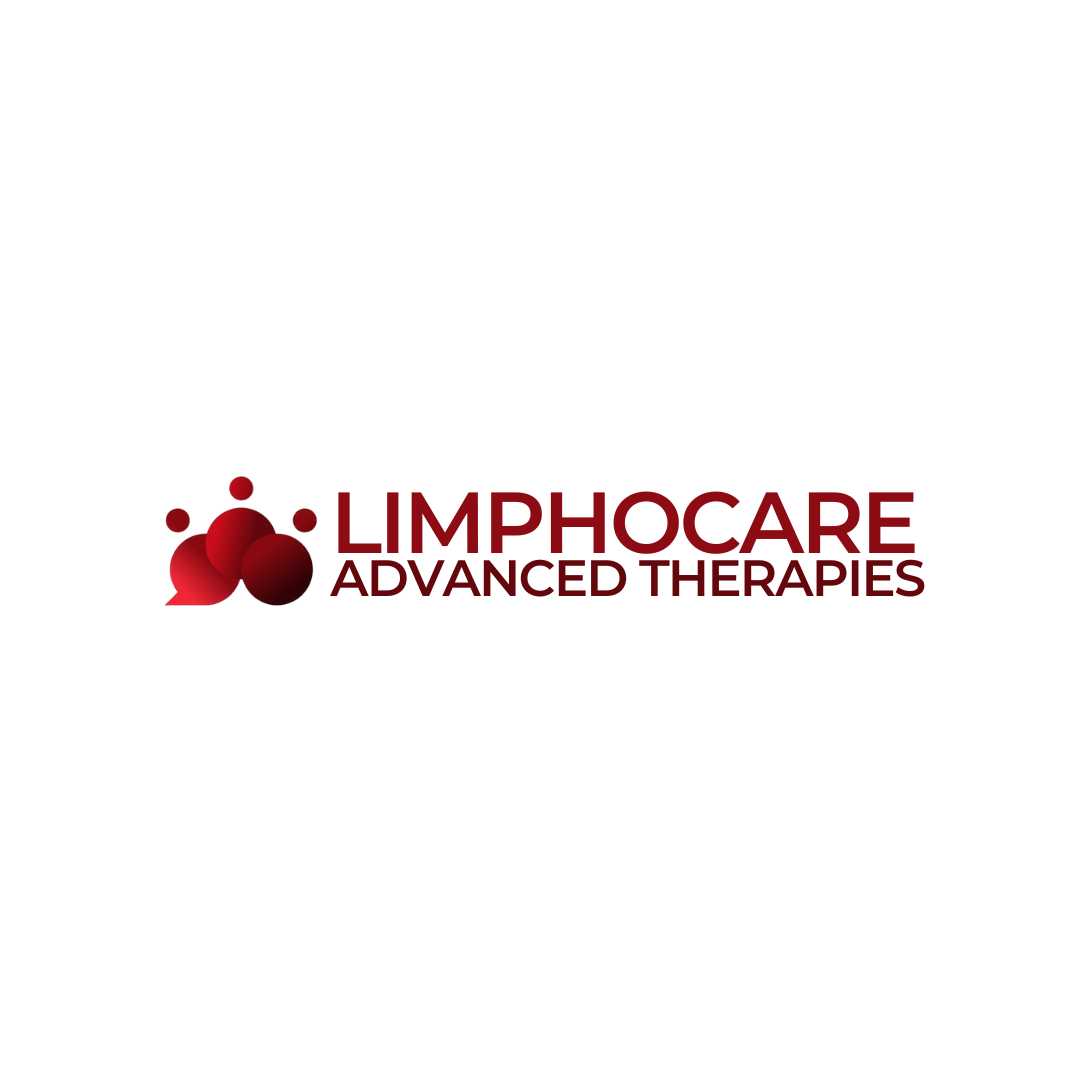

Share this listing